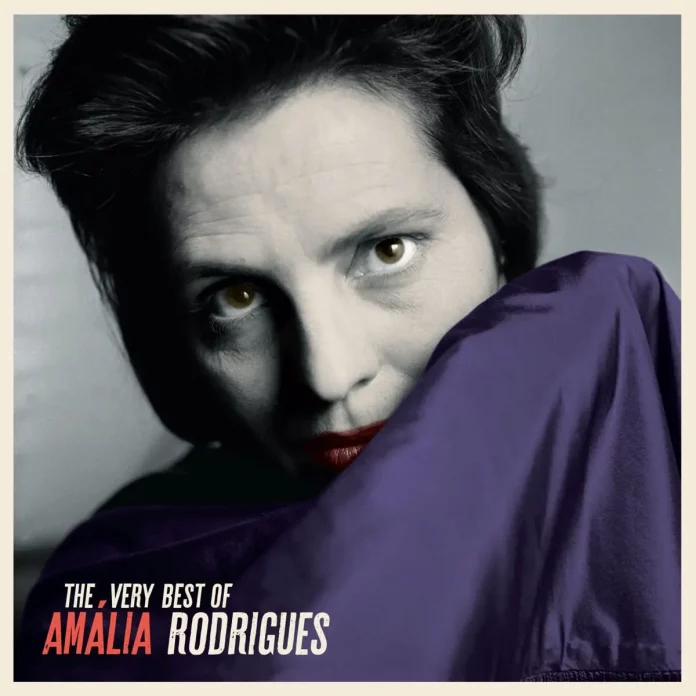When Amália Rodrigues died in 1999 she had long been acknowledged as la Rainha do Fado, peerless exponent of a European folk genre carrying affinities – emotionally, at least – with the blues.
Like the Welsh “hiraeth”, the almost indefinable “fado” can mean a longing for something or someone, be it homeland, departed lover, a nostalgic past or a hoped-for future. Maybe it’s just as well that it cannot be pinned down but can nonetheless be understood.
The upbeat tempo of Uma Casa Portuguesa contrasts with the haunting Tudo Isto É Fado and the wistful Fado Hilário but as songs with dazzling guitar embellishments and flexible forms their emotions sound more complex than those of the blues, perhaps closer to jazz. The perception is emphasised by the rhythmic variety – as in Barco Negro – and in the romanticising saccharine orchestra that accompanies Ai Mouraria. That heart-piercing vocal quality, delivered with projectile force, was also characteristic of Bessie Smith and her ilk.
Rodrigues took fado to America north and south, France, Italy, Britain and Japan, among others. This album locates her best performances in the 1950s, with two in the early 1960s. Five tracks were recorded in 1952 at Abbey Road studios. In all but one she is accompanied by a pair of guitarists: one plays the Portuguese instrument, the other the Spanish. For a single recording in Lisbon the two guitars are joined by that orchestra. Fado met Tin Pan Alley in Coimbra (or April In Portugal), here sung with proprietorial authenticity.
It’s interesting that after the 1974 coup, the de facto Portuguese dictator Salazar in private despised Rodriguez and fado – the singer had supported the country’s Communist party – and thought the music anti-modern, soul-sapping, and conducive to inertia. (There were similar objections to the blues in America’s Black Power era.)
Discography
Uma Casa Portuguesa; Nem Ás Paredes Confesso; Cansaço; Tudo Isto É Fado; Primavera; Barco Negro; Lisboa Não Sejas Francesa; Ai Mouraria; Estranha Forma De Vida; Foi Deus; Maria Lisboa; Solidão (Canção Do Mar; Povo Que Lavas No Rio; Há Festa Na Mouraria; Fadio Hilãrio; Coimbra (April In Portugal); Os Meus Olhos São Dois Círios; Ave Maria Fadista; Fria Claridade; Madrugada De Alfama; Grão De Arroz; Malmequer Pequenino; Maldição; Lisboa Antiga (77.03)
Rodrigues (v); Jaime Santos, Domingo Camarinha, Raul Nery, José Nunes (Portuguese guitar); Santos Moreira, Castro Mota (Spanish guitar) and others. Lisbon, London, Paris, 1951-1962.
Jackpot Records 48788
















